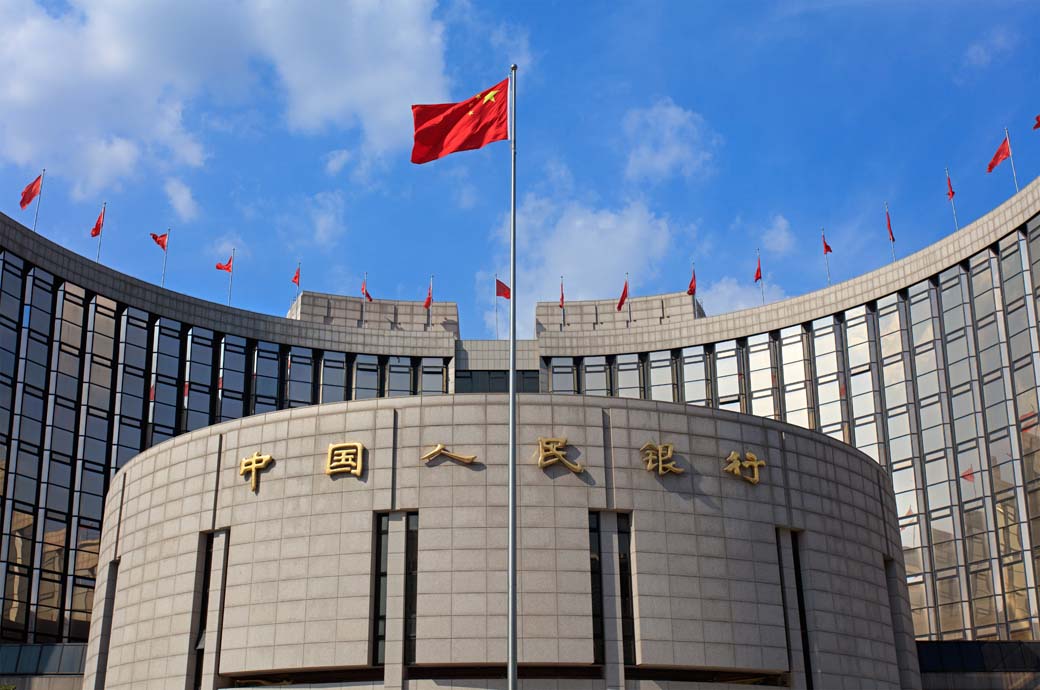
The decision is expected to provide the market with long-term liquidity of nearly 1 trillion yuan ($140.85 billion), he was quoted as saying by a state-controlled media outlet.
The average level of the country’s statutory RRR is 7.4 per cent, and compared with the central banks of other major economies, there is still ample room for policy maneuvers, Pan said. This is an effective tool to supplement the medium and long-term liquidity of the banking system, he noted.
The central bank will reduce re-lending and re-discount interest rates today for the rural sector and small businesses by 0.25 percentage points. The aim is to promote moderate decrease of comprehensive financing costs, the governor said.
Re-lending refers to loans issued by the central bank to financial institutions at a certain interest rate. It is a monetary policy tool that can be employed to adjust the monetary base to boost credit supply to a certain group of enterprises.
Re-discount refers to the re-discounting of securities that have been discounted, i.e., securities that have changed hands for a price (discounting) in exchange for a price (re-discounting).
The major state-owned commercial banks in the country reduced nominal deposit interest rates further in November and December last year, Pan said.
The central bank will set up a credit market department this year, focused on supporting five priorities: technology finance, green finance, inclusive finance, pension finance and digital finance, he announced.
The spillover effect of monetary policies in developed economies will decrease in pressure this year, and that the cyclical differences in monetary policies between China and the United States are converging, he noted.
These external changes are objectively conducive to enhancing China's autonomy and room for monetary policy maneuvers, he noted.
Deputy governor of the central bank Zhu Hexin said cross-border capital flows in the country are expected to stabilise further this year. The country's current account surplus will remain at a reasonable level, and foreign capital inflow activities will increase in 2024, he added.
ALCHEMPro News Desk (DS)
Receive daily prices and market insights straight to your inbox. Subscribe to AlchemPro Weekly!